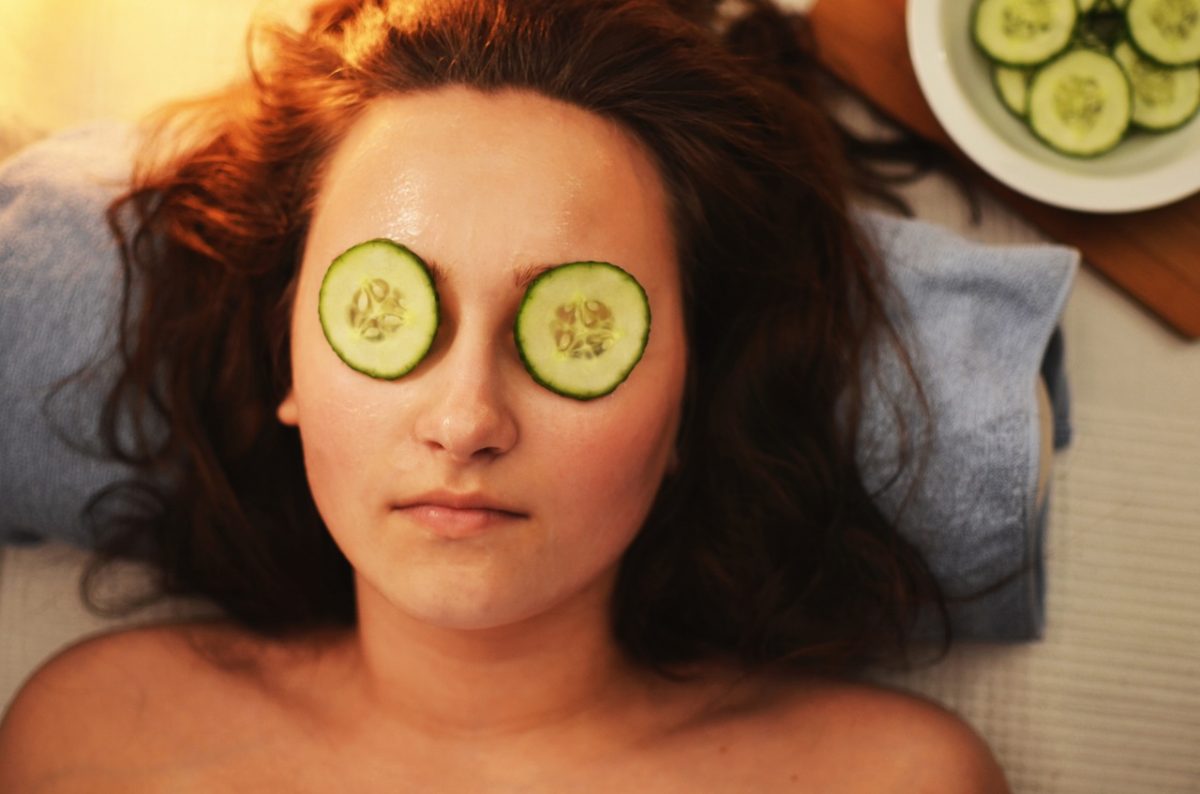Right alongside avocado toast, Kombucha and heavy-handed photo filtering, self-care is a quintessential hallmark of our generation. But what does it actually mean? Though millennials have appropriated it to entail things such as meditation, journaling and early-morning lemon water consumption, I think we’ve begun deviating from the true meaning of the term.
The importance of self-care lies in doing what you, as an individual, deem best for yourself. Not society, not your parents, not your friends – you.
This variation of caring for oneself is harder to grasp – and implement – than the more fad-centric variation. And this is precisely why it’s important to reconcile it with our everyday decision-making.
Dan Mager, a blogger for “Psychology Today,” outlined the three types of stressors as external-impersonal (environmental or big-picture stressors), external-interpersonal (relationship-based stressors) and internal (self-inflicted stressors).
Sorority recruitment is a perfect example of all three. Perhaps your dad wants you to focus more on your studies – your pre-med track requires diligence, and those MCATS aren’t going to ace themselves. But your mom was a Tri Delt back in her college days and is depending on you to uphold the family legacy. Meanwhile, your floor-mates have been making daily Target runs, purchasing clothes suitably stylish and outrageous, praying for a bid from DG … And you long to embark on the sorority adventure with them.
Your practical father is the voice of your external-impersonal stressors. You aspire to be a world-renowned neurosurgeon, doing admirable work saving lives. But you also want to make your mother proud, and now’s your chance to patch up this turbulent period in your relationship, an external-personal stressor. But you also want to feel a sense of identity and belonging with your group of friends going for DG, a classic internal, self-inflicted stressor.
So what’s the answer? How can you possibly implement self-care while being pulled in a hundred different directions? The answer: lemon water.
Just kidding. The answers actually lie in further questioning: what do you believe is best for you? What will prioritize your well-being? What is the decision most considerate of your happiness? This may take some introspection, which is a necessity for personal growth.
The reach of self-care stretches beyond eating healthy and going to the gym. Yes, those are significant factors in our happiness, essential to quelling anxiety, sustaining energy and ensuring longevity. However, the pivotal choices that develop our identities – what organizations we join or what college we go to, things that limit our path and form our trajectory – are even more inherently stressful. Because they are that way, they require more thought and delicacy when dealing with them, and require more care as a result. Eventually, you will get into the habit of making more careful decisions that lead you closer to your purpose though, and those life-shaping choices will propel you forward on your journey. And that’s true self-care.
This is a critical part of a college education. Sure, it might not show in your GPA or get you into law school (though it might), but making autonomous choices of your own accord, for your own well-being, is paramount to maturing into the adult you are meant to become.
Dana Munro is a sophomore majoring in musical theater.
Photo by pixabay user Daniel Max (License here)






